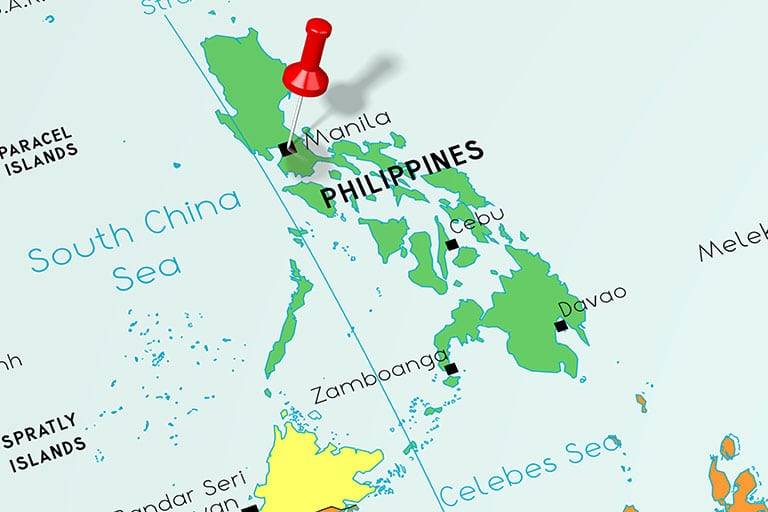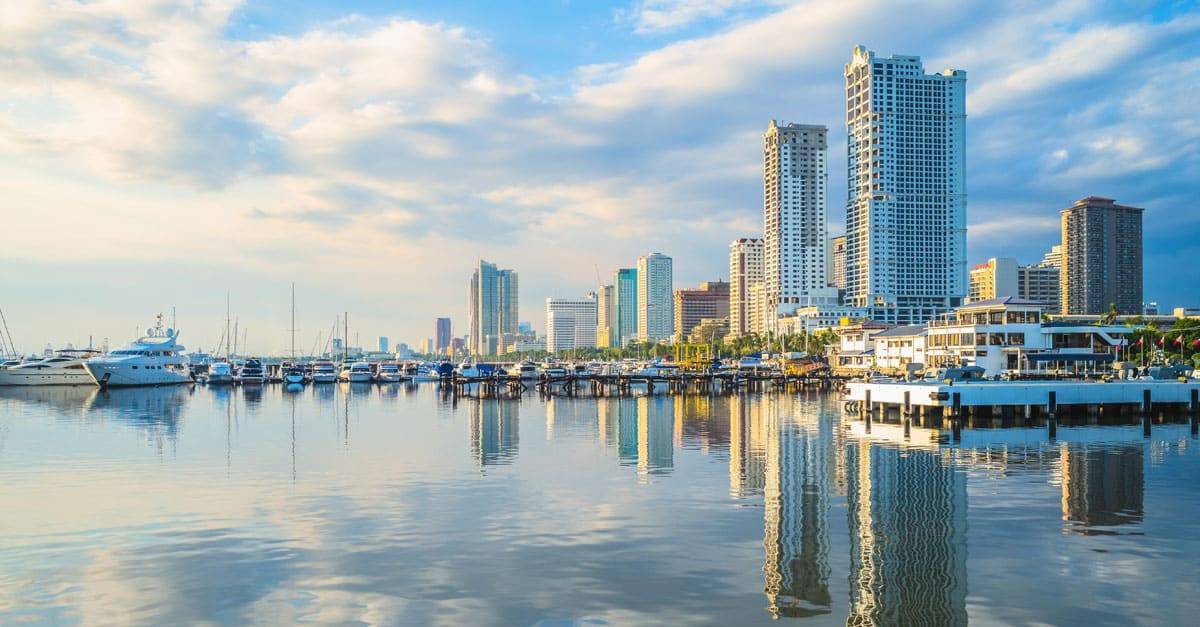In a recent report by Bloomberg, it has been revealed that the newly appointed leader of the central bank in the Philippines has made a resolute commitment to align the country’s banking system with global initiatives aimed at mitigating climate change. The official has expressed a strong desire for financial institutions to be transparent about their climate-related assets and actively contribute to the cause.
In a bid to enhance management of climate-related assets, efforts are being made to establish better control measures.

The Bangko Sentral ng Pilipinas (BSP) is the central bank of the Philippines. In a recent statement, Governor Eli Remolona revealed that the monetary authority is collaborating with esteemed academics to devise a comprehensive metric aimed at evaluating banks’ climate-related assets. This metric holds significant importance as it will serve as a crucial tool in assessing the role of banks in effectively addressing the pressing issue of climate change. In a recent address to a global audience, the newly appointed central bank chief, Remolona, expressed his stance on climate change during a live-streamed speech at an economic briefing in Canada. He emphasised the importance of scrutinising every loan and asset, evaluating their impact on the environment. Remolona posed a crucial question: Do these financial instruments contribute to decelerating or accelerating the pace of climate change?
In a recent statement, Remolona, an authoritative figure, has revealed that the central bank is set to release bank results and request lenders to disclose their assets. In a statement, Remolona expressed the hope that the publication itself would suffice.
Elevate Your Wealth Game: Empowering UHNWIs for Simplified Asset Management. Altoo Platform Preview
In a proactive response to the pressing issue of climate change, several banks in the Philippines have embarked on initiatives aimed at mitigating its adverse effects. In a promising move towards sustainable finance, notable financial institutions such as the Bank of the Philippine Islands and Rizal Commercial Banking Corp have made a resolute commitment to eliminate their existing coal energy loans. These banks have recognised the urgent need to shift towards renewable energy lending, thereby aligning their operations with the global push for a greener future.
In a bold and ambitious move, the individual has set their sights on a lofty goal.
Central banks worldwide have turned their attention towards climate change and the energy transition in response to the volatile energy prices and the increasing occurrence of extreme weather events. In a bold move to combat the devastating impacts of climate change, the Philippines, a nation that has been disproportionately affected by this global crisis, has unveiled an ambitious target. With unwavering determination, the country aims to slash greenhouse gas emissions by a staggering 75% from 2020 levels before the decade draws to a close.
In her address, Remolona highlighted the commitment of the BSP to restore inflation within the desired range of 2% to 4%. According to the source, it has been stated that headline inflation is anticipated to remain within the target range during the fourth quarter. Furthermore, it is projected to slightly exceed the lower end of the range in the early months of the upcoming year, before eventually stabilising back within the target range.
The range of 2 to 4% is not arbitrary. In his statement, Remolona said that this particular range is deemed optimal for sustaining an economy such as that of the Philippines, which is currently experiencing robust growth.






















